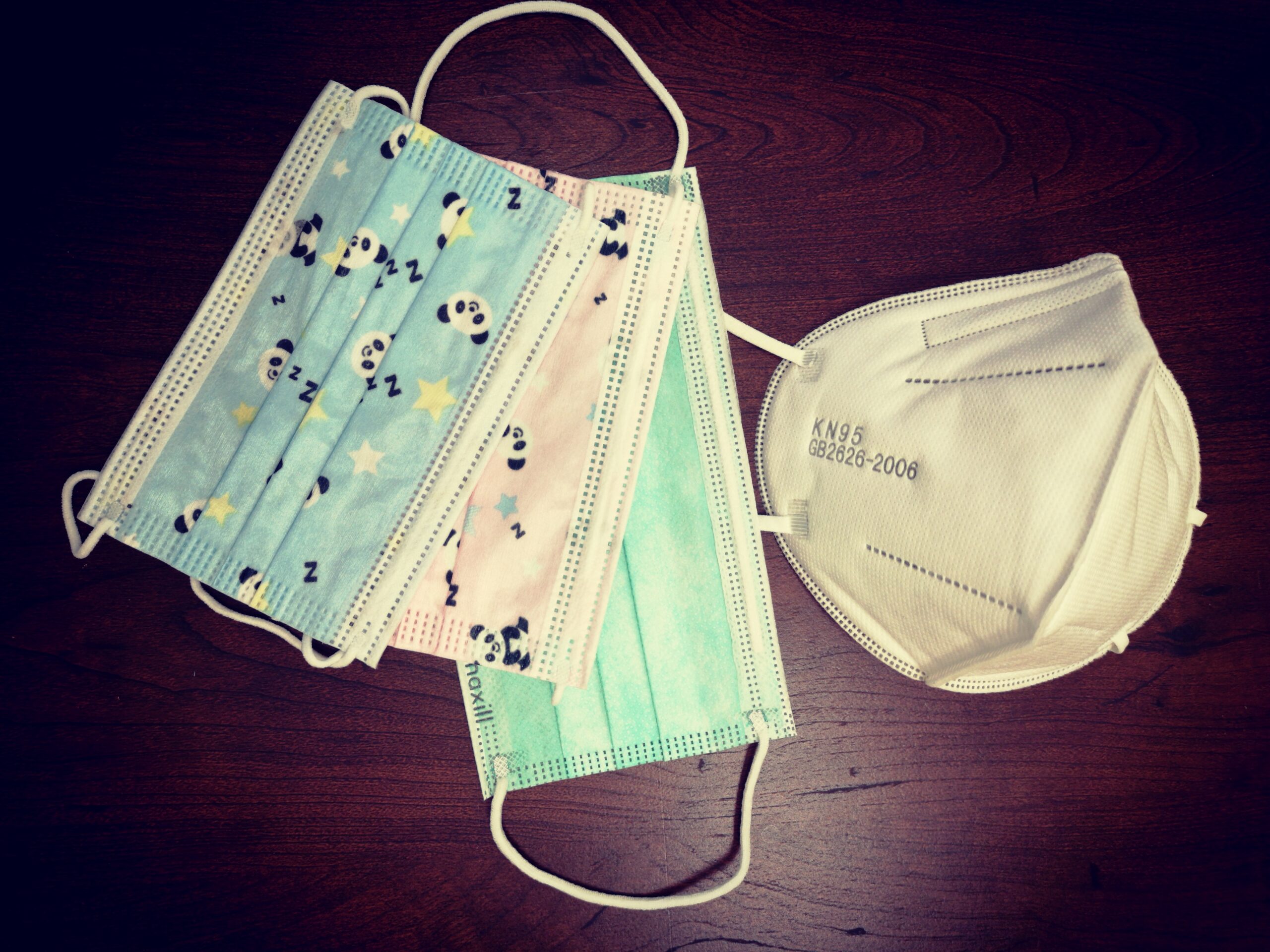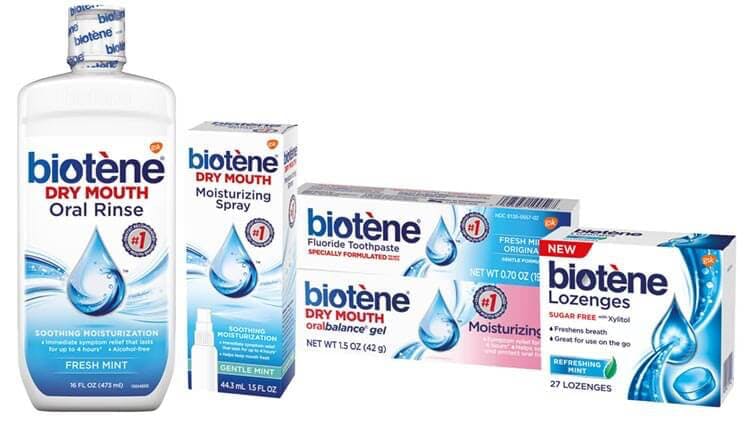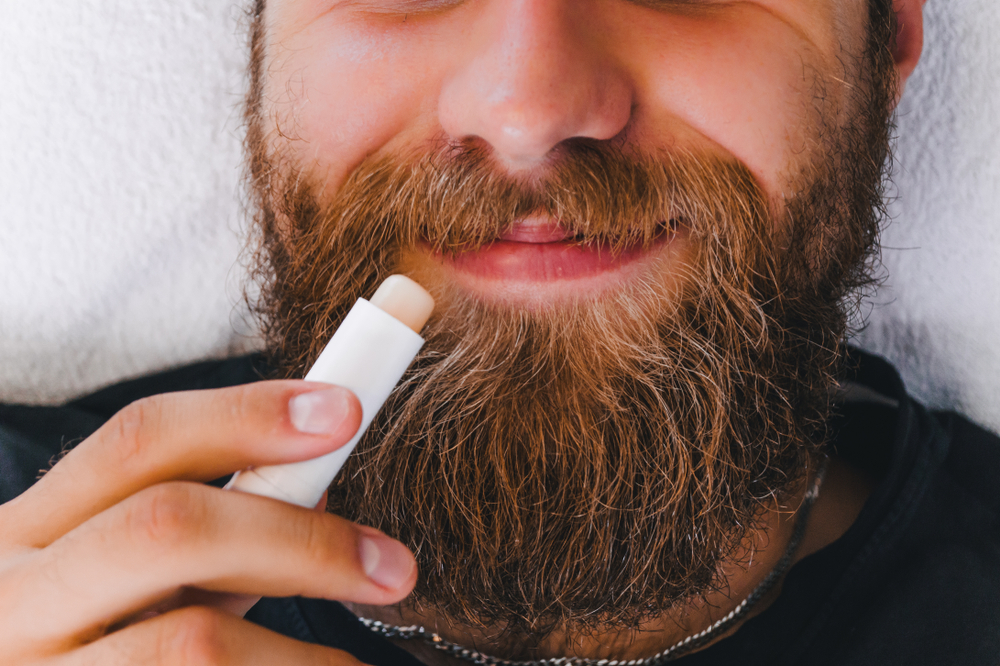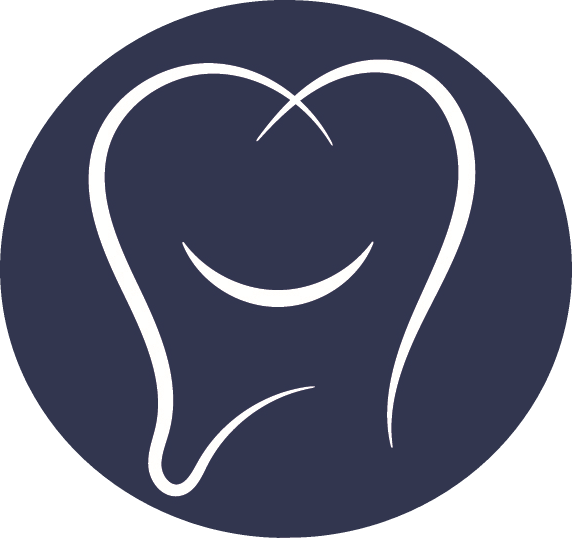
14 Apr One Long Year
As with most people in the past year, our pandemic journey at Bridgeview Dental has been an interesting and somewhat sad experience. In Edmonton, dental clinics were mandated to close in late March 2020 and were allowed to reopen in May 2020.
Initially when we reopened, we didn’t notice a lot of difference in our patients but gradually, as summer ended, we began to see more patients coming in with dental concerns that were related to Covid-19. And I soon learned there were even names for some of these conditions.
The most common condition we see is the “Covid crack”. Patients present with cracked teeth because they excessively clench their jaw to cope with the stress of pandemic-related problems.
A lesser effect of the heavy teeth clenching and grinding is tense jaw muscles. If a patient already has some degree of temporomandibular joint (TMJ) disorder, the increased clenching and grinding makes the pain worse. We have increased the number of recommendations for botox jaw injections and night guards to help patients alleviate the sore muscles.
A couple of conditions have also arisen with the continued use of masks: “mask mouth” and “maskne”. And the increased use of better fitting masks (respirators, N95’s, KN95’s) due to the Covid-19 variants have exacerbated this problem.
“Mask mouth” refers to the dry mouth patients experience because the mask is causing people to breath through their mouths rather than their nose. A decrease in saliva flow in the mouth can lead to problems with cavities, bleeding in the gums, and bad breath. We encourage patients to drink water more frequently and even use saliva replacements, like Biotene, in severe circumstances.

“Maskne” refers to the acne caused from wearing a mask and irritating the skin. The irritated and dry skin around the mouth and lips causes the patient pain when they have to open wide. The lips will also bleed occasionally. There are some good suggestions for dealing with this here and here.

The last oral health concern related to Covid-19 is the loss of taste and smell. This condition is different from the others mentioned above because it is a direct symptom of the virus infection. It is unclear why COVID-19 can affect taste and smell; perhaps the virus can cause inflammation of the neural taste receptors which affect the taste buds on the tongue.
There is no treatment for this condition at this time. “The good news is that olfactory neurons are capable of regeneration. The bad news is that not everyone will return to his or her pre-COVID level of functioning. And, sadly, some of us might never regain our sense of smell or taste at all. According to some experts, patients with post-viral loss of smell have roughly a 60% to 80% chance of regaining some of their smell function within a year.” 1
Hopefully these will be the only oral health conditions we see because of Covid-19. We wish everyone a safe pandemic journey and hope to see you soon. “Since we all go to the same place in the end, the moments we spent with each other are the only things that do matter. The times we helped each other.” 2
Phuong Luu, DDS
- www.health.harvard.edu/blog/coping-with-the-loss-of-sense-of-smell-and-taste-2020101921141
- Brandon Sanderson


